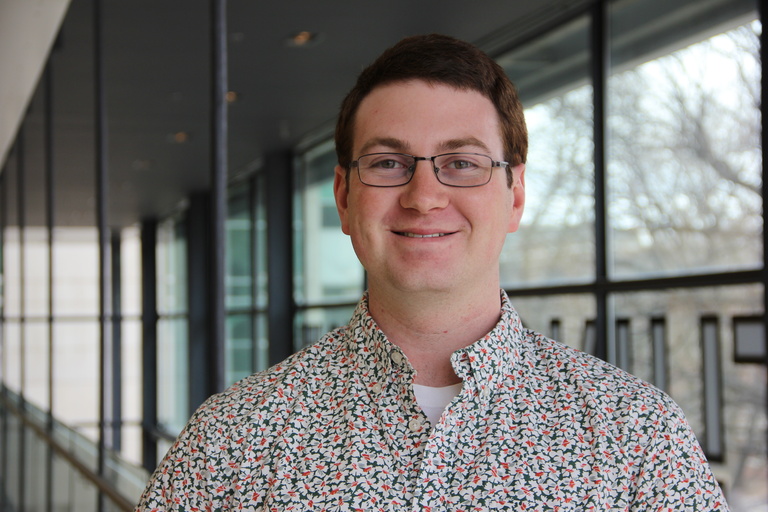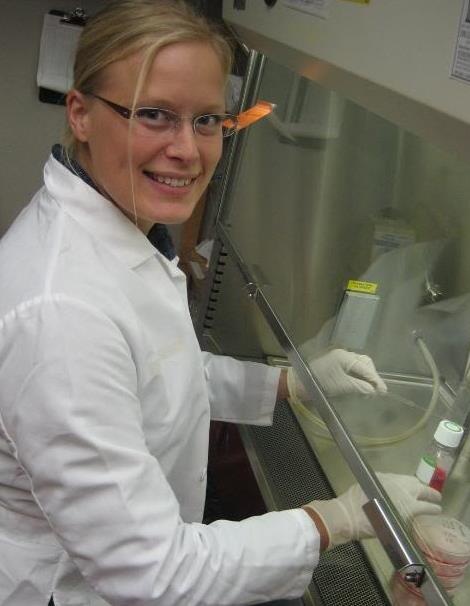
Two University of Iowa students will attend the Association of Public & Land Grant Universities (APLU) Making our CASE (Catalyzing Advocacy for Science and Engineering) program in Washington, D.C., next month.
Lance Heady, an undergraduate student who is sponsored by the Office of Research and Economic Development, and Annie Tye, a Ph.D. candidate in the Neuroscience Graduate Program who is sponsored by the Graduate College, will attend the program April 17-20.
The workshop is open to universities and professional scientific or engineering societies that want to provide their students with an opportunity to learn about science policies, including the structure and organization of Congress, the federal budget and appropriations process, and tools for effective science communication and civic engagement.
Heady, a sophomore from Quincy, Ill., has been involved with research in UI neuroscientist Andrew Pieper’s lab in the Psychiatry Department since his first month on campus. He is currently the resident assistant for the STEM Scholars Living-Learning Community and works for an online and print publication titled Did You Know…, where undergraduate students can submit general audience research articles to help promote research conducted on campus.
“My research experience has been the most impactful experience I have had at Iowa,” Heady said. “This has been a huge learning experience and something I am very passionate about.”

“As a scientist-in-training, I am very dedicated to the idea that scientific endeavors provide a substantial net benefit to society as a whole, and that it behooves scientists and non-scientists alike to support basic and medical research,” Tye said. “However, I have become increasingly concerned by the diminishing financial resources that are allotted to the NIH and other funding sources, particularly for basic research.”
By attending the workshop, Tye hopes to develop an understanding of the social and political avenues through which science advocates can most effectively operate in today’s economic and political realities.